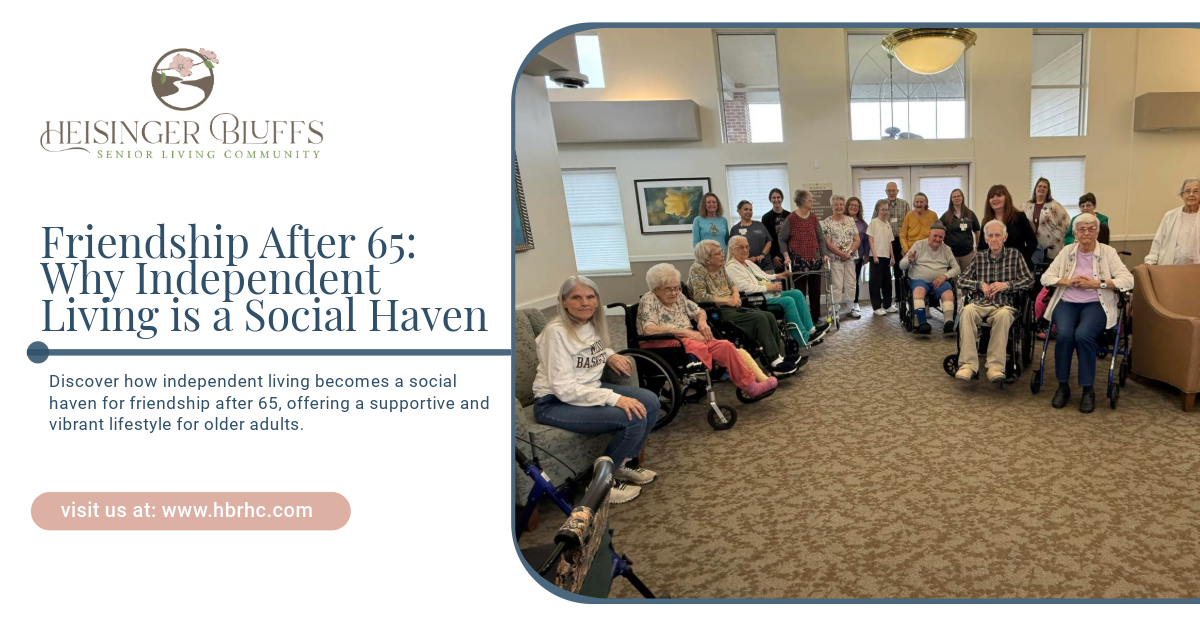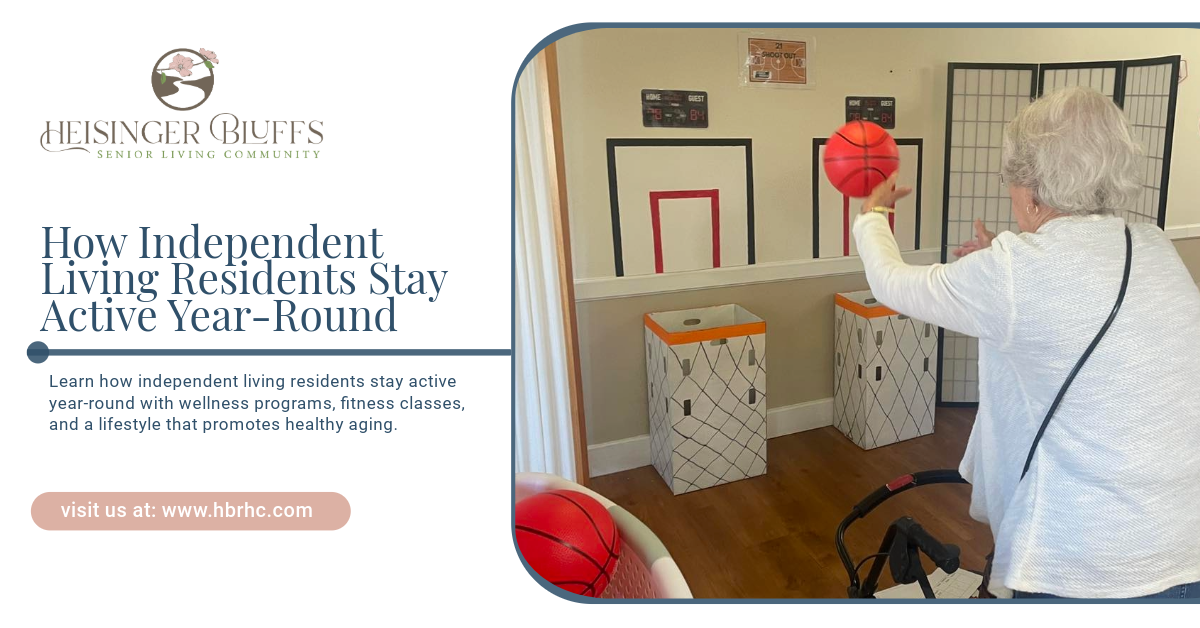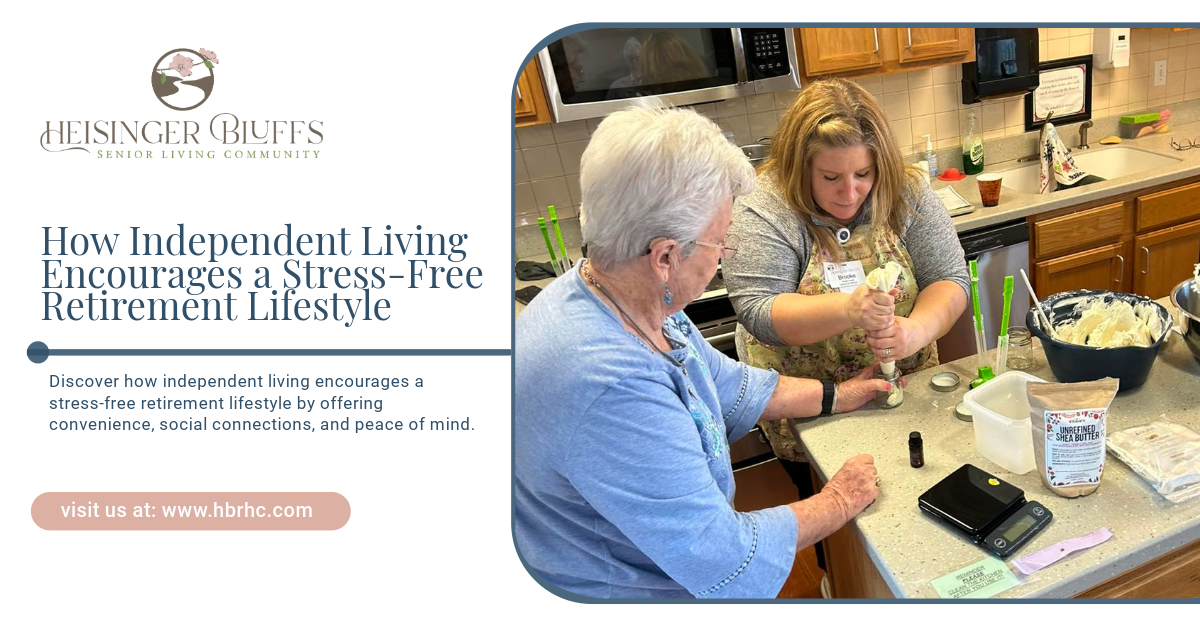Get in touch
Addressing Mental Health in Nursing Homes: Resources and Support Systems

As people age, mental health becomes an essential aspect of well-being, especially for residents in nursing homes who may face unique emotional and psychological challenges. Nursing homes today are increasingly recognizing the importance of mental health and are offering comprehensive support systems to address this crucial area. This guide explores how nursing homes are supporting residents’ mental well-being through counseling, support groups, recreational therapy, and more, ensuring a holistic approach to care.
Mental Health in Nursing Homes
Mental health in nursing homes often faces unique challenges due to isolation, changes in physical health, and the transition into a communal living environment. Recognizing these needs, nursing homes are stepping up to offer resources and support systems tailored to mental health. With a focus on counseling, support groups, and recreational therapy, these communities ensure that residents' emotional and psychological needs are met as part of a holistic care approach.
The Importance of Mental Health in Nursing Homes
Mental health directly impacts overall well-being and quality of life. Seniors in nursing homes may face emotional struggles like loneliness, anxiety, depression, and stress due to life changes and health challenges. Without proper support, these issues can lead to more severe health consequences, affecting their physical health and cognitive function.
Key Factors Affecting Mental Health in Nursing Homes:
- Social Isolation: Moving away from family and friends can be difficult for residents, leading to feelings of isolation.
- Loss of Independence: Adjusting to new levels of dependence on caregivers may contribute to anxiety or depression.
- Health Changes: Chronic illnesses or reduced mobility can influence emotional well-being, requiring dedicated mental health support.
Counseling Services: Professional Support for Residents
Professional counseling provides a safe and supportive environment for residents to express their concerns, fears, and emotions. Many nursing homes offer on-site or virtual counseling services to address the specific mental health needs of older adults.
- Individual Counseling: One-on-one sessions allow residents to work through personal challenges, coping with grief, life transitions, and emotional struggles.
- Family Counseling: Family dynamics may change when a loved one enters a nursing home. Family counseling provides support and helps strengthen communication and understanding between residents and family members.
- Access to Mental Health Professionals: Many nursing homes collaborate with psychiatrists and psychologists to provide comprehensive mental health services for residents requiring additional support.
Support Groups: Encouraging Peer Connections and Understanding
Support groups provide an opportunity for residents to come together, share their experiences, and find comfort in knowing they are not alone in their struggles.
- Grief Support Groups: Residents who have recently lost a spouse, friend, or loved one can benefit greatly from grief support groups, where they find understanding and coping strategies.
- Chronic Illness Support: Residents dealing with chronic illnesses often face unique challenges, and support groups offer a place to discuss their struggles and find hope.
- General Mental Health Support Groups: For residents facing general issues like loneliness, anxiety, or stress, mental health support groups offer a safe space for expression and mutual support.
These groups are often facilitated by trained professionals and are an excellent way for residents to build friendships, reduce isolation, and find solace in shared experiences.
Recreational Therapy: Promoting Engagement and Joy
Recreational therapy combines physical, social, and emotional activities to promote mental well-being. These therapies not only enhance physical health but also serve as powerful tools to alleviate symptoms of depression, anxiety, and stress.
- Art and Music Therapy: Expressive arts, such as painting, drawing, and music, allow residents to convey emotions, reduce anxiety, and improve mood. Music therapy, in particular, has been shown to enhance memory and provide comfort to those with dementia.
- Pet Therapy: Animals can bring joy and companionship to residents, lowering stress levels and promoting feelings of happiness. Pet therapy programs often include visits from therapy animals or opportunities to interact with small, friendly animals like rabbits or birds.
- Gardening Activities: Gardening is therapeutic, engaging residents in gentle physical activity, fostering a sense of purpose, and connecting them with nature.
- Group Activities and Games: Social games, like bingo or card games, bring residents together, offering a sense of camaraderie and relaxation. These activities encourage socialization, which is vital for emotional health.
Holistic Wellness Programs: Combining Physical, Mental, and Emotional Care
A growing number of nursing homes are adopting holistic wellness programs that recognize the interconnectedness of physical, mental, and emotional health. These programs combine several activities and therapies to create a well-rounded approach to mental well-being.
- Physical Exercise Programs: Physical activity, such as yoga, stretching exercises, or walking clubs, helps release endorphins, the body’s natural mood boosters.
- Mindfulness and Meditation: Practices such as meditation, mindfulness, and deep breathing exercises are taught to help residents manage stress and anxiety.
- Nutritional Support: A balanced diet is essential for mental health. Many nursing homes focus on nutritious, brain-healthy meals that support cognitive function and emotional well-being.
- Sleep Hygiene Programs: Quality sleep is crucial for mental health. Nursing homes often promote good sleep practices, including establishing bedtime routines and creating a comfortable sleep environment.
Family Involvement and Support
Family involvement can play a vital role in supporting the mental health of residents. Many nursing homes encourage family members to be actively involved through regular visits, phone calls, and participation in community activities.
- Regular Family Visits: Consistent visits help residents feel connected to their loved ones and reduce feelings of loneliness and isolation.
- Involving Family in Care Planning: Engaging family members in the care planning process fosters trust and creates a supportive environment for residents.
- Community Events and Family Days: Many nursing homes host family-friendly events, allowing families to participate in their loved one’s life and share in community activities.
Staff Training and Compassionate Care
The mental well-being of nursing home residents is deeply influenced by the interactions they have with caregivers and staff. Recognizing this, many facilities invest in comprehensive training for staff to equip them with the skills needed to support residents' mental health.
- Specialized Training: Staff often receive training in recognizing signs of anxiety, depression, or cognitive decline and providing appropriate support.
- Compassionate and Patient Care: Staff who approach residents with patience, empathy, and understanding can help create a comforting environment where residents feel valued and respected.
- Collaborative Care: Nursing homes often have interdisciplinary care teams, including social workers, therapists, nurses, and activity coordinators, to offer comprehensive support for mental well-being.
Accessible Mental Health Resources
For nursing homes with limited in-house mental health services, there are often partnerships with outside providers or telehealth options to ensure residents have access to the care they need.
- Telehealth Services: Virtual appointments with therapists or psychiatrists can be arranged to meet residents' needs.
- On-Call Mental Health Support: In some nursing homes, on-call mental health support is available, providing residents with timely care when needed.
- Local Partnerships: Collaborations with nearby mental health clinics or hospitals allow nursing homes to offer additional support, such as crisis intervention or specialized treatment options.
Conclusion
Mental health plays a significant role in the overall well-being of nursing home residents, and today’s nursing homes are equipped with a variety of resources and support systems to address these needs. From counseling and support groups to recreational therapy and family involvement, these facilities are focused on creating an environment where residents feel supported and valued.
At Heisinger Bluffs, we understand the importance of mental health and are dedicated to providing compassionate, comprehensive support for each resident’s emotional and psychological well-being.
Frequently Asked Questions
What mental health services are commonly offered in nursing homes?
Many nursing homes provide counseling, support groups, recreational therapy, and wellness programs to support residents' mental health. Some also offer telehealth services and on-call mental health support.
How can family members support a loved one’s mental health in a nursing home?
Regular visits, phone calls, and involving family members in community events or care planning can make a positive impact on a resident’s mental well-being.
Are there specific activities that help improve mental health in nursing homes?
Yes, activities like art and music therapy, pet therapy, group games, gardening, and mindfulness practices all help improve mood, reduce anxiety, and encourage social interaction among residents.



Want to know more?
We will get back to you as soon as possible.
Please try again later.
You May Also Like To Read
Heisinger Bluff’s Life Plan Community is here to make your senior years safe, stimulating and enjoyable so that you can savor the present, knowing the future will be taken care of.
QUICK LINKS
CONTACT
©2024. Heisinger Bluffs. All rights reserved.








